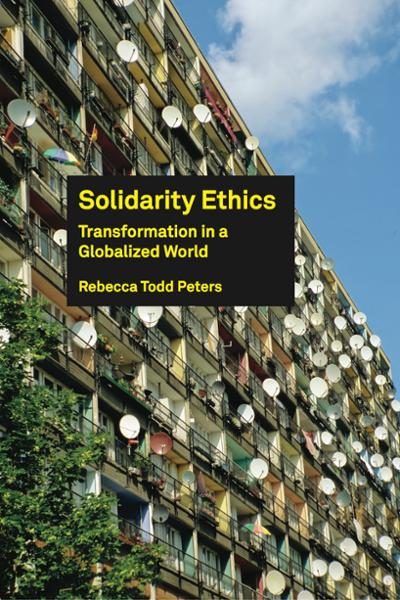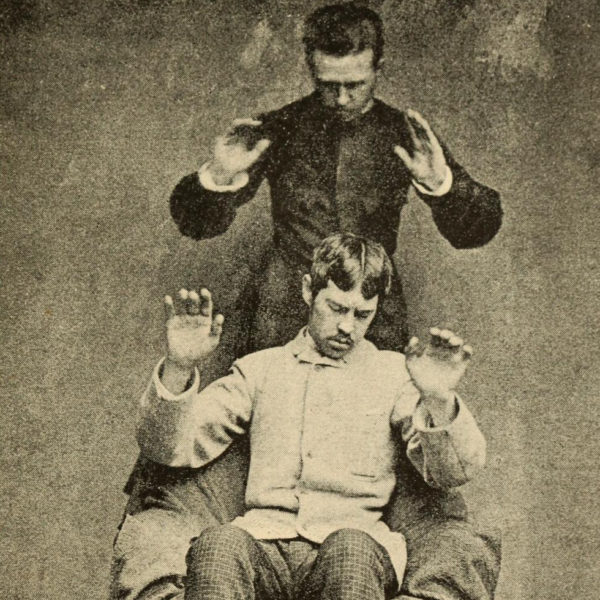
Living as a first-world citizen in a globalizing world presents a great moral challenge. Many people are aware that the wealthiest 20 percent of the world’s population consume 76.6 percent of the world’s resources, while the world’s poorest 20 percent are left with 1.5 percent. However, fewer people are aware that while basic education for everyone in the world would cost six billion dollars, US Americans spend eight billion dollars annually on cosmetics; that while water and sanitation for everyone in the world would cost nine billion dollars, Europeans annually spend eleven billion dollars on ice cream

The University of Aberdeen is excited to announce an upcoming conference: “The Freedom of a Christian Ethicist: The Future of a Reformation Legacy.” Featuring Michael Banner, Brian Brock, Stanley Hauerwas, Jennifer Herdt, Paul Martens, Michael Mawson, Gerald McKenny, Rachel Muers, and Hans Ulrich, this promises to be a headline event in the field of Christian ethics this year.

Foucault’s emphasis on the ‘care of the self’ is usually hailed as a significant challenge to the understanding of ethics. With the tendency of ethics to focus on the ‘other’ and how one relates to that other, the turn to consider the construction of the subject seems to be radical. This was also Foucault’s answer to the perennial problems of ethics . . .
A critical issue left unaddressed in Bass’s response to Douthat is the state of power relations within mainline Protestant denominations. In her well-intentioned attempt to counteract the corrosive and controlling ‘narrative of decline’ that plagues mainline Protestant communities, she inadvertently diverts attention away from the reality that the majority of their leadership positions and financial resources are firmly in the control of the Baby Boomer generation….
